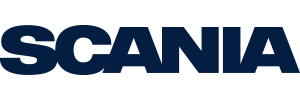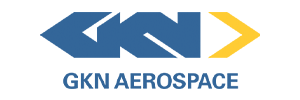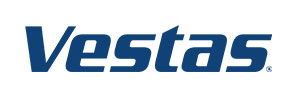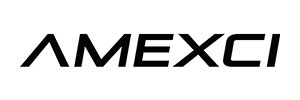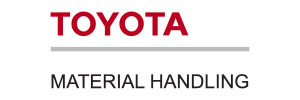Your Full-Service Partner in Calibration and Metrology Services
Our calibration services
Element Metech offers one of Europe’s most extensive ranges of traceable and accredited calibration services. As an impartial provider, we calibrate most brands and types of measuring instruments across electrical, mechanical, and physical quantities.
Acoustic Equipment
Read more
Electrical Instruments
Read more
Electricity Meter
Contact us
Fiber optics
Read more
Fiber Welds
Contact us
Flow
Contact us
High voltage
Contact us
Force
Contact us
Dimensional
Read more
Volume
Contact us
Mechanical
Read more
Optical Instruments
Read more
Pipette Calibration
Read more
Temperature & Humidity
Read more
Pressure & Vacuum
Contact us
Torque
Contact us
Accredited & Traceable Calibration
ISO 9001
ISO 14001
ISO 45001
ISO/IEC 17025
Our laboratories are accredited by the national accreditation body in each country. Element Metech holds one of the widest ranges of calibration accreditations in Europe.
Business solutions for optimized measuring equipment management
Element Metech provides a comprehensive range of business calibration solutions designed to meet the unique needs of organizations across various industries. We assist in mapping calibration needs, optimizing measuring equipment management, and ensuring traceability and compliance. Additionally, we offer customized instrument supply solutions to ensure you always have the right equipment available.
Needs Analysis
Instrument Supply & Procurement
On-Site Calibration
Read more
Metech Instrument Organizer, MIO™
Read more
Metrology Expertise
Outsourcing
Read more
Technical Support & Consultation
Transport of Measuring Equipment
Maintenance, Repair, and Adjustment
Education
Read more
Tailored calibration services
Element Metech delivers services specifically designed to meet the stringent requirements of industrial applications. Whether it’s calibration, traceability, or maintenance of measuring instruments, we provide solutions that guarantee traceability, quality, and compliance with applicable standards and regulations.
Automotive
Automotive
Manufacturing
Manufacturing
Life Science
Life Science
Aerospace
Aerospace
Defence
Defence
Our laboratories
We are here to assist you. We operate 20 European calibration laboratories plus mobile calibration laboratories and perform calibrations on-site to meet our customers’ needs for flexibility with minimum production disruptions.
